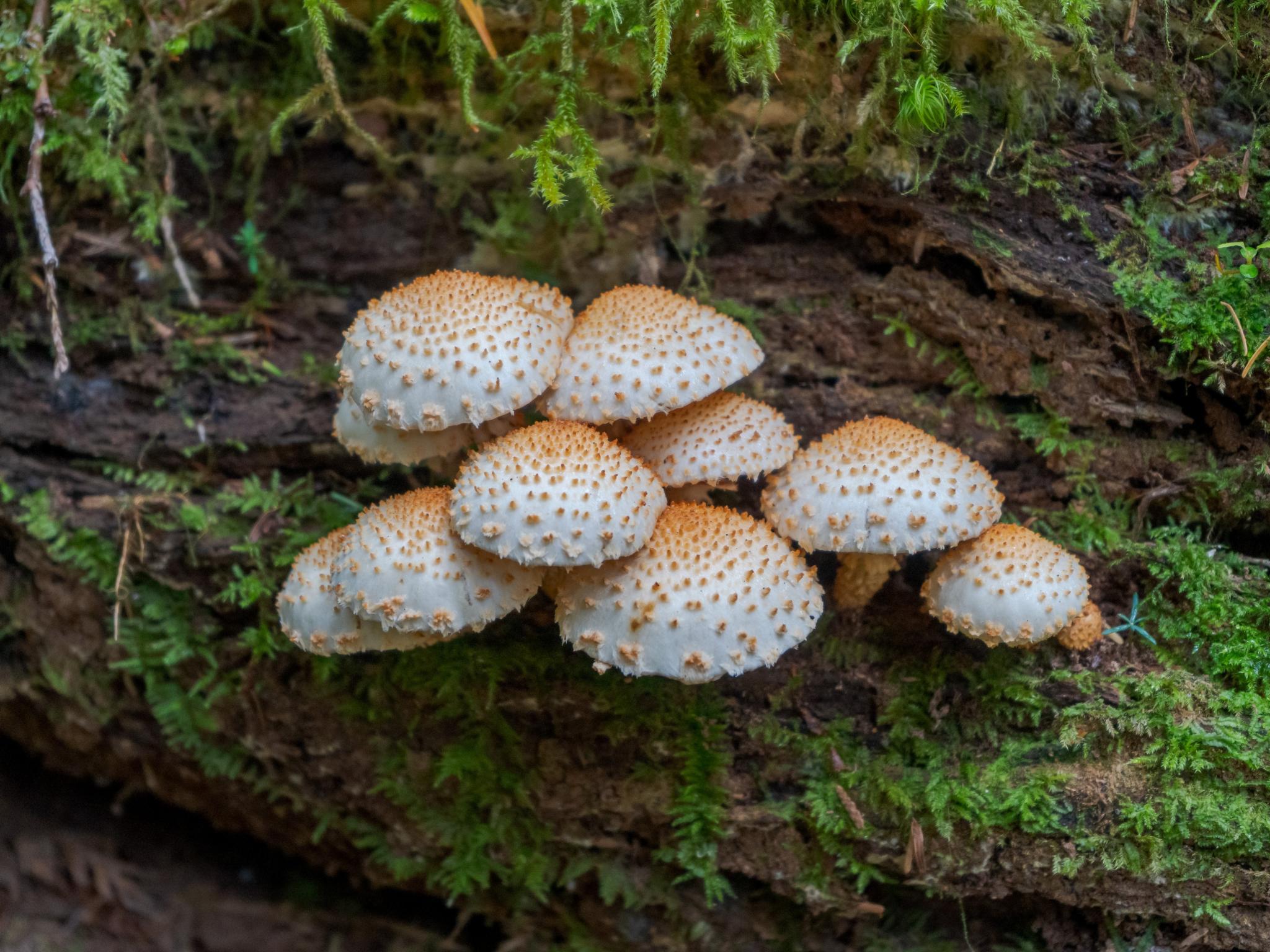
Washington State lawmakers kicked off 2022 with the introduction of a bill that would create a state-licensed program to provide medical treatment with psilocybin, the main active component of psychedelic mushrooms.
Unfortunately, the Psilocybin Wellness and Opportunity Act meant to legalize “supported psilocybin experiences” for adults 21 and older failed to advance out of committee. The bill would allow adults to consume products containing psilocybin and psilocin, under the support of a trained and state-licensed service administrator,
Now, advocates want to put a magic mushroom legalization bill to a vote by the people, Marijuana Moment reported.
Supporters at the political action committee Adapt Washington filed the proposal and are now seeking to raise money and signatures to qualify it for November’s ballot.
Once and if approved, the bill would “establish safe, equitable, and legally sanctioned access to psilocybin services,” the group said in a press release this week.
The proposal, Initiative 1886, would allow adults to use psilocybin in settings with trained facilitators once they completed a screening process intended to avoid negative side effects.
While the initiative does not require participants to have been diagnosed with any specific condition to use psilocybin, advocates are pushing for the reform to provide additional treatment options for mental health.
“As a Licensed Mental Health Therapist, Chemical Dependency Specialist, and Social Worker on the front lines of our mental health and chemical dependency epidemic for the last twenty years, I have seen the failed systems up close and their impact on our most vulnerable populations," said ADAPT-WA board member Leonora Russell in the release. "Psilocybin offers a natural treatment option to those who qualify, and there is broad-based support for psilocybin on both sides of the aisle.”
What’s In It?
The state Department of Health would oversee the new program, the initiative clarifies.
Under the proposal, the government agency would also be responsible for setting up rules and training requirements for facilitators as well as the regulatory framework for psilocybin producers, distributors, testing laboratories and clinics.
With the rulemaking process projected to last 18 months, clinics likely would not open until late 2024 at the earliest.
The advisory board, which would include political appointees and experts, would need to meet by March of next year and then distribute a public report by the end of June in order to adopt rules for the new program by July 4, 2024, and begin accepting license applications by July 10.
The measure also allows the state to impose taxes on psilocybin products, with municipalities being prohibited from adding additional local taxes.
Russell, who is a family therapist and chemical dependency provider in Seattle, told Marijuana Moment that the new initiative is “basically a very similar initiative” to Oregon’s Measure 109 – a therapeutic psilocybin law, with the exception of Washington’s law allowing sublingual psilocybin products.
Legalization, Not Decriminalization
Spokane-based attorney Pat Donahue drafted the initiative language and said the emphasis on legalization - not decriminalization - is vital.
“I am extremely excited to see the recent surge in America’s willingness to explore alternative approaches to prohibition and the failed war on drugs,” Donahue said in an email. “Now more than ever, it is important for individual states to put forth the hard work necessary to open the doors for robust legal frameworks providing access to demonstrably safe molecules like psilocybin.”
Photo: Courtesy of Nathan Karsgaard on Unsplash








